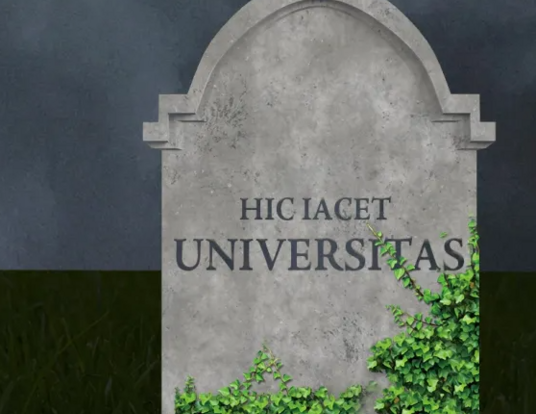For Yifei Shi, academic discovery was far from her mind when she visited the Harvard-Yenching Library for a routine course assignment. A master’s student in the Regional Studies–East Asia program, Shi was looking for a monograph written by the Chinese historian Hu Shih, whose research on the Dunhuang manuscripts contributed to the birth of modern Zen Buddhist studies. “When I received the copy,” remembers Shi, “I was surprised at this thin booklet with a worn out cover.” Opening to the title page, she was stunned to see an inscription in Hu Shih’s hand: “A gift to Harvard Chinese-Japanese Library with respect, Hu Shih March 4, 1959.”
Intrigued and excited, Shi shared a photo of the page on Weibo, which was reposted by Chinese scholars; one contacted the Harvard-Yenching Library about the significance of her find. “Online social networking, I have to say, was the major vehicle for this copy to be removed from circulation,” she says. The Library has since moved the monograph to its rare book room.
James Robson, professor of East Asian languages and civilizations, had included the text in his course focusing on early Chan (Zen) Buddhism. Hu, a formidable scholar of Chinese history and religion, made an important discovery in the 1920s when he traveled through Europe conducting research on newly-unearthed manuscripts—comparable in importance to the Dead Sea Scrolls—found in a cave in the Western Chinese outpost of Dunhuang. The texts included reference to Shenhui, a key figure in Zen Buddhist history. Hu published the manuscript texts along with his study of Shenhui, which triggered further discoveries in China and Japan. “The book itself is a well-known and widely available work on Chinese Buddhist history,” Robson says. “But the import of the discovery was the simple inscription, in the original hand of one of the major figures in modern Chinese history.”
Photo by Tony Rinaldo




